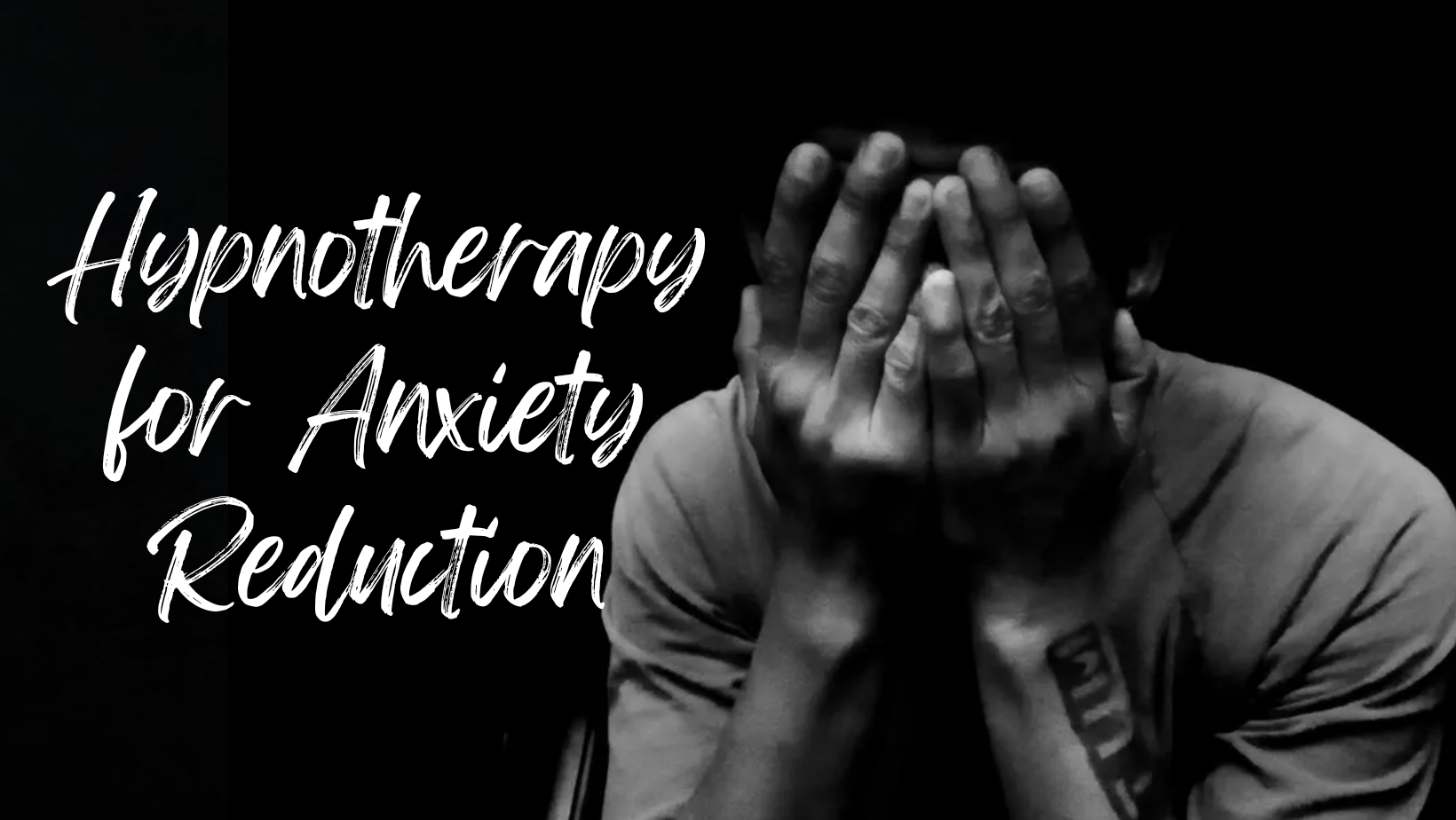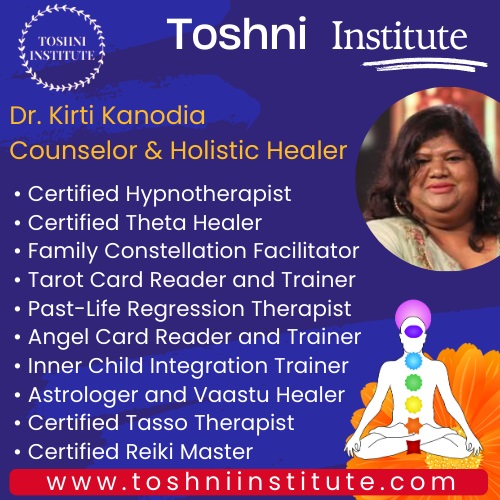wellnessexclusive.com
Your Free Guide to Good Health!

Alternative Therapies
- Alternative Medicine
- Access Bars
- Access Consciousness
- Acupressure
- Acupuncture
- Angel Healing
- Ayurveda
- Bach Flower Remedies
- Breathwork
- Cosmetic Acupuncture
- Crystal Healing
- Cupping Therapy
- Emotional Freedom Technique (EFT)
- Energy Healing
- Energy Medicine
- Ergonomics
- Family Constellation
- Face Reading
- Fengshui
- Geopathic Stress
- Graphology
- Holistic Solutions
- Holy Fire Reiki
- Homeopathy
- Ho'oponopono
- Humkara with Haleem
- Hypnotherapy
- Inner Child Therapy
- Jikiden Reiki
- Kwan Yin
- Lama Fera
- Law of Attraction
- Lecher Antenna
- Manual Therapy
- Meditation
- Melchizedek Method
- Merlin Trinity Healing
- Motivational Counseling
- Mudra Healing
- Munay - Ki Rites
- Naturopathy
- Neuro Linguistic Programming (NLP)
- Panchakarma (Ayurveda)
- Panchkarma Holistic Healing - Mind Control
- Past Life Regression
- Pendulum Dowsing
- Physiotherapy
- Pranic Healing
- Pythagorean Numerology
- Pyramids
- Reiki
- Rudraksh
- Silva Mind Control Method
- Sujok therapy
- Symphony of Possibilities
- Tarot
- Theta Healing
- Twin Flame Healing
- Unani Medicine
- Violet Flame Healing
- Vision Board
- Yoga
- Wicca
- Womb Healing
Diseases & Conditions
- Acne & Pimples
- Allergies
- Arthritis
- Asthma
- Behavioural Disorders
- Dandruff
- Diabetes
- Emotional Problems
- Gallstones
- Gastritis
- Hairloss
- Heart Diseases
- Hormonal Problems
- Hypertension
- Immune Disorders
- Infections
- Infertility
- Jaundice
- Kidney Disorders
- Liver Disorders
- Menstrual Disorders
- Migraine
- Neck & Back Pain
- Obesity
- Osteoporosis
- Peptic Ulcer
- Prevention
- Prostate Problems
- Psoriasis
- Sexual Dysfunctions
- Sinusitis
- Sleep Disorders
- Skin Diseases
- Stress
- Thyroid Disorders
- Ulcerative Colitis
- Urinary Infections
General Wellness
Hypnotherapy For Anxiety Reduction - Hyderabad

Dr. Kirti Kanodia
Kirti Kanodia is a certified Theta Healer, Trained Family Constellation Facilitator, Tarot card Reader, Past life Regression Therapist, Angel card reader, Inner child integration, Vedic Astrologer, Tasso Therapist and Reiki Master.


Healing Home
Mr. Venu Gopal Linga is a Reiki Master, Pranic healer, Spiritual healer, Hypnotherapist, Magnetotherapist & Angelotherapist. He has been serving the society since 2009 and helping people to attain good health.

Dr. Geetanjali Saxena.

Past life Regression Trainer, Family Constellation Trainer, Theta Healing Trainer, Inner Child Work, Angel Therapist, Reiki healer, Hypnotherapy, Crystal Healing, Graphology, Tarot card reader & Astrologer


Ms. Anjali Nagpal
Anjali Nagpal is a business trainer, a life coach and workshop facilitator certified to present Heal Your Life transformational workshop worldwide (based on the philosophy of Louise L Hay) approved by Hay House, US. She also conducts others workshops relating to self healing.

Ms. Dishaa

As so rightly affirmed by Reiki Grandmaster Dishaa, a young and dynamic lady, an M.B.A turned natural healing expert from Chandigarh (India) for whom life has always been a 'Love for the Moment' which is beautiful yet compassionate...

HYPNOTHERAPY

Hypnotherapy for Anxiety Reduction
Hypnotherapy can be a useful tool for managing anxiety, though it's important to approach it with a clear understanding of what it entails and what to expect.
Relaxation: Hypnotherapy often induces deep relaxation, which can help counteract the physical symptoms of anxiety, such as rapid heartbeat or muscle tension.
Changing Thought Patterns: Hypnotherapy can help modify negative thought patterns and beliefs that contribute to anxiety. For instance, it can address automatic negative thoughts and replace them with more positive, realistic ones.
Addressing Root Causes: Hypnotherapists may help clients uncover and address underlying causes of anxiety, such as past traumas or unresolved issues.
Coping Strategies: Techniques learned during hypnotherapy sessions can be used to develop better coping strategies and enhance resilience.
Self-Hypnosis: Therapists may teach clients self-hypnosis techniques, allowing them to manage anxiety on their own between sessions.
What to Expect in a Hypnotherapy Session
Initial Consultation: The therapist will typically begin with an assessment to understand your anxiety and goals.
Induction: The therapist will guide you into a relaxed state through various methods, such as focused breathing or progressive muscle relaxation.
Therapeutic Work: While in this relaxed state, the therapist will use suggestions, imagery, or other techniques to address your anxiety.
Awakening: The session concludes with the therapist guiding you back to full awareness.
Post-Session Discussion: There will often be a discussion about what occurred during the session and any insights or homework assignments.
Considerations
Effectiveness: Hypnotherapy can be effective for some people, but results can vary. It may be more beneficial when combined with other treatments, such as cognitive-behavioral therapy (CBT).
Qualifications: Ensure that the hypnotherapist is qualified and experienced. Look for certifications from recognized professional organizations.
Complementary Approach: Hypnotherapy is often most effective as part of a comprehensive treatment plan, including therapy, medication (if prescribed), and lifestyle changes.






